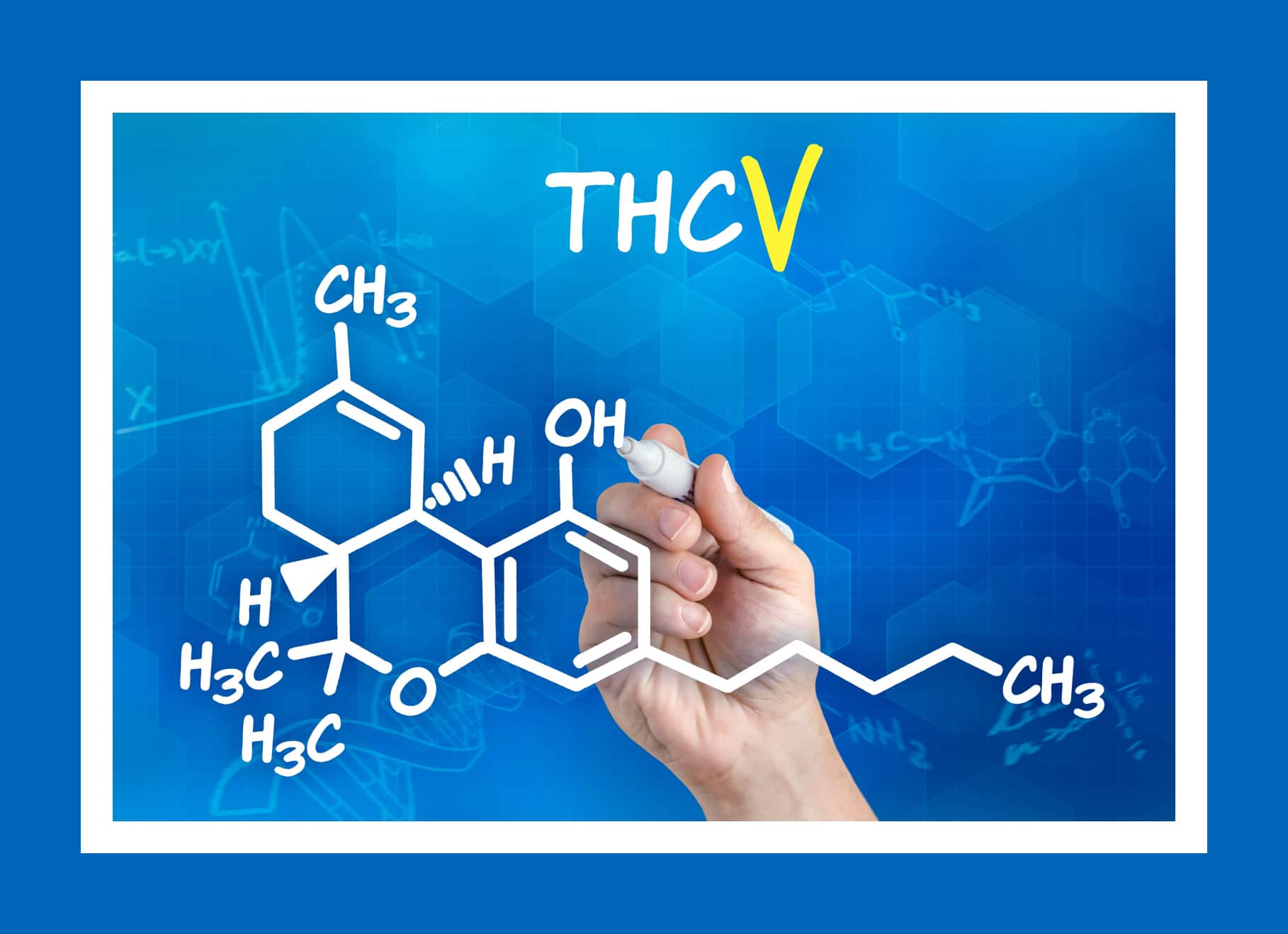Tetrahydrocannabivarin (THCV) is a cannabinoid substance discovered in cannabis and hemp plants. It's chemically similar to tetrahydrocannabinol (THC) however with some key distinctions. Here's everything you require to learn about THCV consisting of the threats, advantages, distinctions, and resemblances with other kinds of THC and more. What Is THCV? THCV is a less typical cannabinoid discovered in some stress of marijuana, especially African sativa.
 THCV - The Cannabinoid of the Month at Champlain Valley Dispensary
THCV - The Cannabinoid of the Month at Champlain Valley Dispensary
 THCV: What are the Benefits; Does it Get You High? - Vaping360
THCV: What are the Benefits; Does it Get You High? - Vaping360
 THCV vs THC: What Are the Differences? Articles Analytical Cannabis
THCV vs THC: What Are the Differences? Articles Analytical Cannabis
THCV has a 3-carbon side chain instead of THC's 5-carbon side chain. This difference is subtle, but it has a noticeable effect on the impact profile. THCV is rather psychoactive but just about and about. What Does THCV Feel Like? THCV has a strong energy-boosting component to it, which makes it particularly popular among trainees and athletes.
In the United States, THCV policy is nuanced. THCV is not a Schedule I Drug, but marijuana extracts are making it somewhat unclear what the federal position is on THCV. The 2018 Farm Bill mentions that hemp plants and all derivatives of the plants are legal on a federal level, numerous companies comply with this law and still offer THCV to consumers by just drawing out the substance from hemp plants.
If THCV is thought about a THC analog, it might be managed in the future by the very same guidelines as THC under the Federal Analog Act. This act states that any compound that shares a similar molecular profile as a recognized restricted substance it's included in the same drug Schedule category.
What Are the Impacts of THCV? Advocates of THCV report that it produces an intense burst of energy and makes them feel blissful without the mental cloudiness triggered by THC. The impacts are extremely mild compared to THC. The results are practically specifically cognitive yet somehow have really little effect on headspace.
2. THCV & Hunger Some THCV users claim that it curbs their hunger. This is a common impact of other focus-enhancing substances. It's as though THCV removes the distraction of other bodily procedures (like appetite) in order to protect resources and attention to cognitive tasks instead. How Does THCV Work? Cannabinoids produce biological results in the body by engaging with endocannabinoid receptors.
CB1 receptors are situated in the nerve system and connect with neurotransmitters in the brain to produce mind-altering results. Interaction with CB1 websites is what offers some cannabinoids like THC their psychoactivity. THCV is a bit difficult to comprehend due to the fact that it's mainly a CB1 villain, suggesting it has the opposite result as THC.
While researchers are still looking for to understand this process, it appears THCV is able to obstruct the effects of CB1 in low dosages and stimulate them in high dosages. CB2 receptors are discovered mostly in the body immune system. THCV is a partial agonist of CB2, but the impacts of this partial activity aren't widely known, and it apparently has no noticeable effect on THCV users' experience.
As pointed out in the previous area, THCV is a CB1 antagonist in low dosages which is the precise opposite impact of delta 8 and delta 9 THC. This might imply that THCV combats a few of the psychedelic results of THC. This result could explain why individuals who utilize THCV feel so clear-headed especially compared to the well-known "fogginess" induced by delta 9 THC.